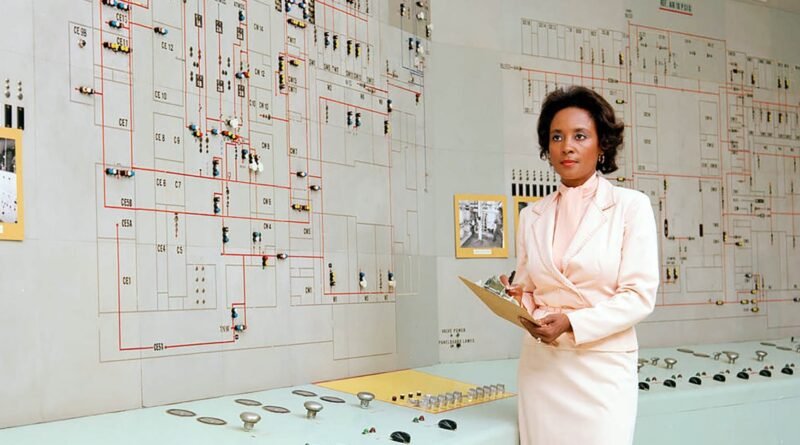The most influential women in tech history
[ad_1]
Tech is a notoriously male-dominated space. According to a recent Statista survey, more than 90% of software developers identified as male as of 2021, and fewer than 6% identified as female. But don’t let these disheartening stats fool you. Despite being underrepresented in STEM professions, women have made some massive contributions to technology over the years.
For Women’s History Month, we wanted to highlight a few of these influential women, and showcase how their contributions to the world have changed things for themselves, those who came after them, and society at large.
Annie Easley, 1933-2011
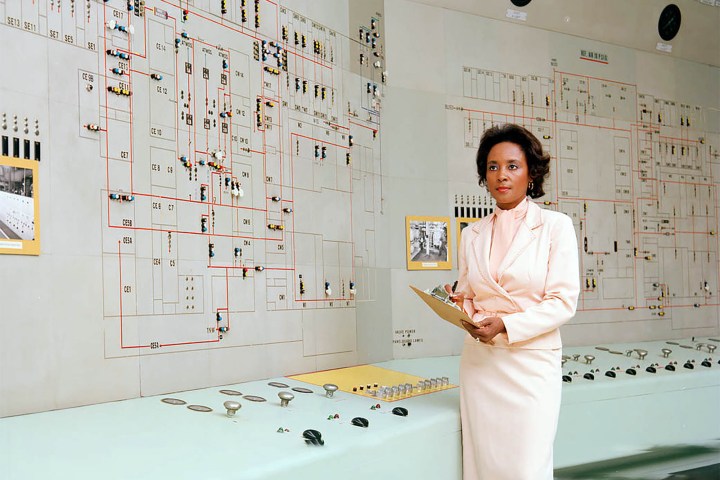
Computer scientist, mathematician, and rocket scientist
Annie Easley worked for the Lewis Research Center (which is now referred to as the Glenn Research Center). She also worked with NASA and the National Advisory Committee for Aeronautics (NACA) that came before NASA. One of Easley’s most notable accomplishments was her work on the Centaur project, which helped make future space travel possible.
Her work contributed to the 1997 Cassini Probe, and she also worked to help other African Americans register to vote. She even studied battery-powered vehicles long ago, back before companies like Tesla and Rivian were well-known names.
Ada Lovelace, 1815-1852
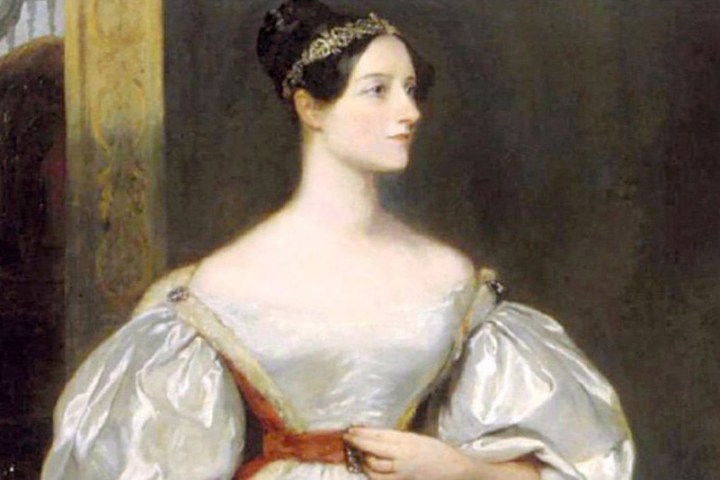
Creator of the first computer algorithm
Ada Lovelace made her mark on the world in the mid-1800s, during a time when it was not only highly uncommon for a woman to learn STEM disciplines, but computers as we know them today didn’t even exist yet.
Lovelace was fascinated with the brain and by other science and technology disciplines. In 1833, she met a man named Charles Babbage, who had created an early computing machine called the Analytical Engine. Lovelace translated one of Babbage’s lectures into English and added notes. In her notes, she included an algorithm that allowed Babbage’s engine to compute Bernoulli numbers and, as it turns out, this was the first time a computer algorithm had ever been published.
Because of her published algorithm, Lovelace is often considered to be the first ever computer programmer.
Hedy Lamarr, 1914-2000

The mother of Wi-Fi
When some people think of Hedy Lamarr, they often think only of a beautiful actress. But there’s so much more to Lamarr than meets the eye. Hedy, along with another inventor (named George Antheil), developed a radio-based torpedo guidance system that was immune to jamming. Initially, few people took the actress seriously, and her patent eventually expired without being used in the real world. However, Lamarr and Antheil’s technology went on to eventually be used in many of our essential technologies today, including Wi-Fi and GPS.
In 2014, Lamarr and Antheil were inducted into the National Inventor’s Hall of Fame.
Reshma Saujani, 1975-present
Founder of Girls Who Code
Girls who Code is an organization committed to diversity and inclusion in tech. The organization has served almost a half a million girls, and reached 500 million people since its inception.
Reshma Saujani is the founder of Girls Who Code, but she’s also an activist and attorney, working to close the gender pay gap. With all of the young women Reshma has helped, she absolutely deserves a spot on our list of the most influential women in tech.
Susan Wojcicki, 1968-present
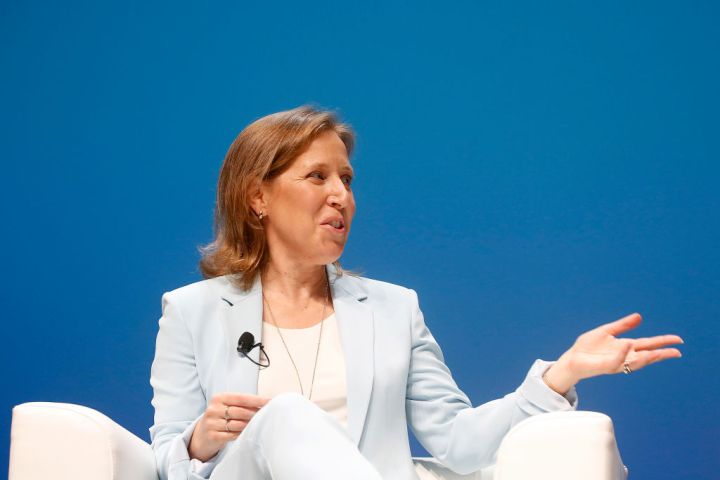
Former YouTube CEO
Since it hit the scene in 2005, YouTube has fundamentally changed the way we consume content on the web. It has allowed regular people to become stars, influencers, and helpful tutors on everything from relationship advice to cosmetic tips.
Susan Wojcicki was previously a senior vice president at Google and was one of the company’s early employees, but the Harvard grad eventually became the CEO of YouTube in 2014. She’s an inspiration to young women everywhere based on her hard work, tenacity, and success in the tech industry.
Radia Perlman, 1951-present

Creator of the spanning tree protocol
Radia Perlman attended the Massachusetts Institute of Technology in the late 1960s and early ’70s. During this time, few women were in these STEM programs, so it’s quite impressive that she managed to make her mark.
Perlman’s work has made a significant impact on the tech field — particularly on how networks move data and organize themselves. Her most notable creation is the spanning tree protocol (STP): A set of rules for network design that helped improve the internet. Others have expanded on the technology since Perlman invented it, but it was her creation that paved the way for the modern, ultrafast networks that we enjoy today.
Karen Sparck-Jones, 1935-2007
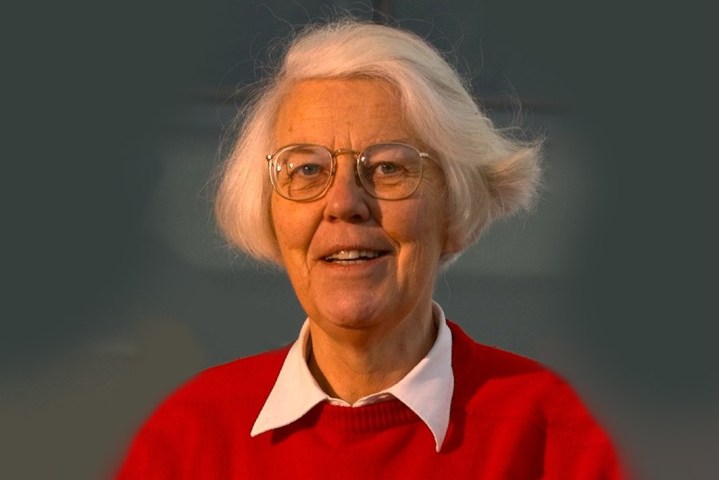
Computer scientist
Karen Sparck-Jones was a self-taught computer programmer during a time when there were very few female programmers in the field. Her most notable contributions centered around inverse document frequency and index-term weighting — two big concepts that helped create the modern search engines we have today.
Each time you Google search a recipe, ask Google what the best Thai restaurant is, or search which robot vacuum you should buy, Sparck-Jones’ work helps ensure that the search results you see are helpful.
Editors’ Recommendations
[ad_2]
Source link

